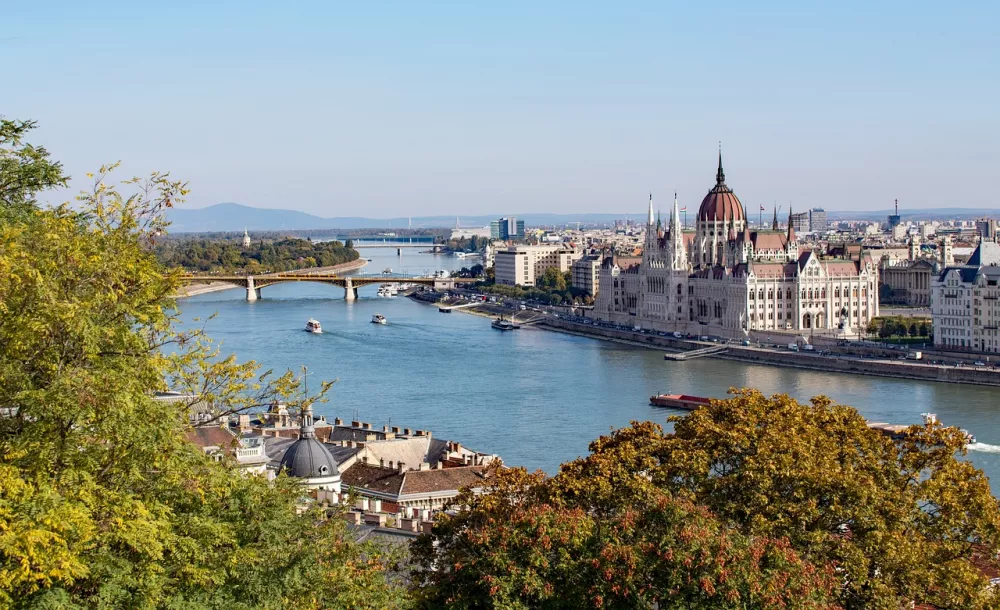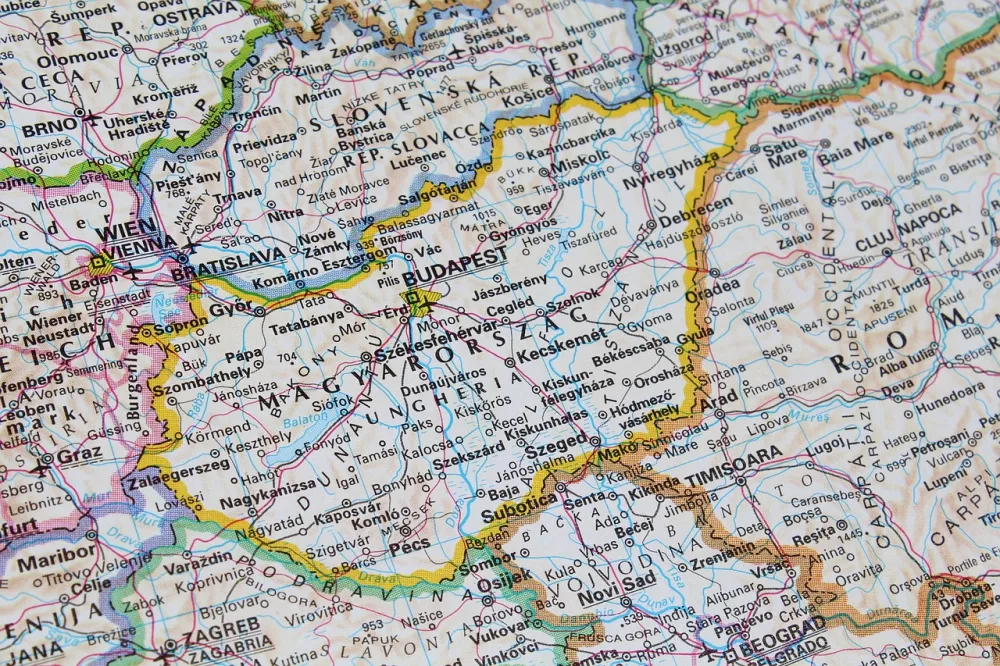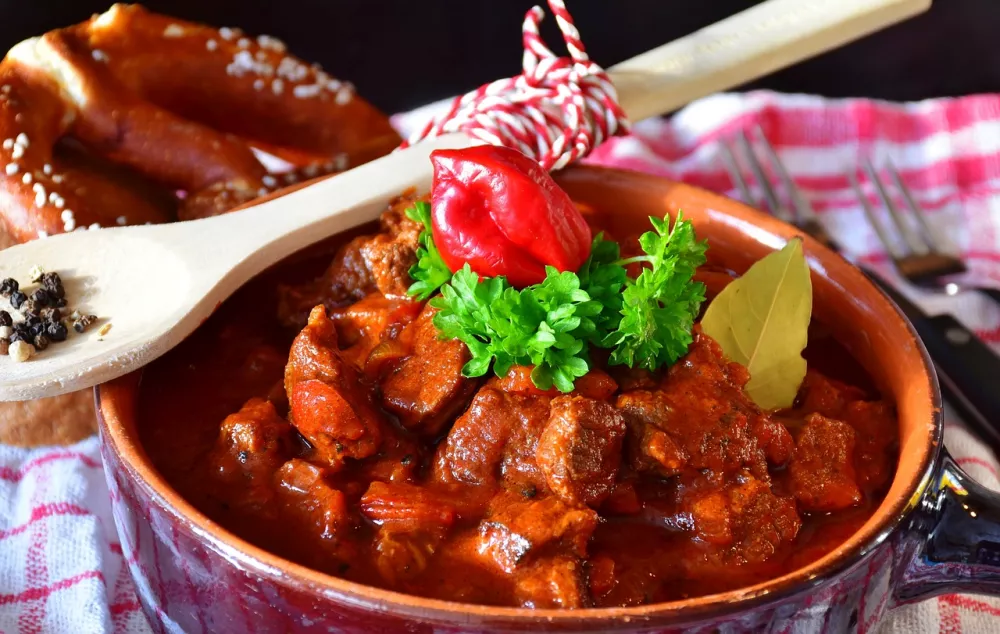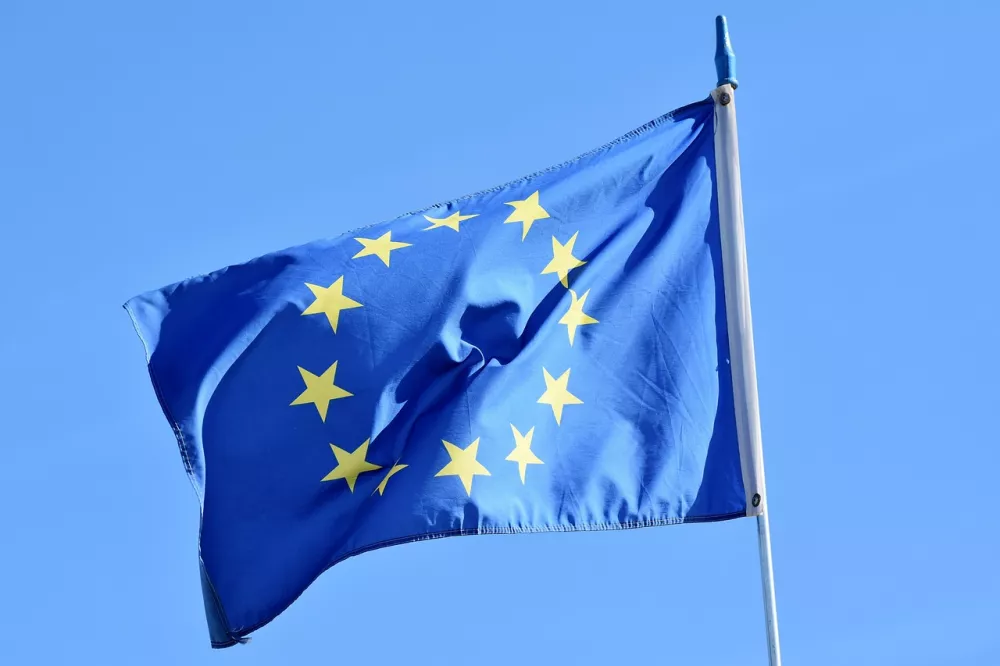Hungary guide 
A temperament country, home to great wines, spicy goulash and delicious sausages. You can go to Hungary for culture, admire the beautiful architecture of the Budapest Parliament or Buda Castle, relax in thermal baths or visit the largest Central European lake, Balaton. Our online guide will help you decide which one to choose.
Budapest - The capital of Hungary lies on the Danube River. Here you can admire, for example, the Parliament building, the Buda Castle or the Cathedral of St. Stephen
Lake Balaton - In this article you will read about the main tourist centers around Lake Balaton such as Siófok, Balatonfüred, Keszthely and Tihany
Debrecen - In "Calvinist Rome" you can discover not only beautiful monuments such as the Great Calvinist Church or the local university, but also taste famous local specialties.
Szeged - If you want to enjoy the sun, good food and beautiful sights, go to Szeged.

Hungary, a Central European country known for its rich history, cultural heritage and spa tradition, borders Austria, Slovakia, Ukraine, Romania, Serbia, Croatia and Slovenia. Almost 10 million inhabitants live here.

The capital Budapest is located in the northern part of the country on the Danube River.
Payment is made here in Hungarian forint (HUF).
Hungary has a rich history that dates back to the migration of peoples. They founded the Kingdom of Hungary in 1000 under the leadership of King Stephen I, whom the Hungarians still worship as a saint. For centuries, Hungary was part of the Habsburg Monarchy. In the 19th century, it played a key role in Austria-Hungary. After the First World War and the collapse of Austria-Hungary, Hungary lost a significant part of its territory. After World War II, Hungary became part of the Eastern Bloc under the leadership of the Soviet Union, until 1989 when it became a democratic republic.
Hungarian culture is famous for its rich literature, music, dance and cuisine. Famous composers like Franz Liszt and Béla Bartók and world-famous writers like Sándor Márai come from here.
Traditional Hungarian cuisine is dominated by spicy and hearty dishes. Typical dishes include goulash, pörkölt (stew), halászlé (fish soup) and langoustine. Dobos cake and lángos are among the sweets. Paprika is an integral part of local cuisine.

Hungary is famous for its thermal baths, which have a long tradition since Roman times. In Budapest, known as the "city of spas", you will find many thermal springs and spa facilities, such as the Gellért Baths or the Széchenyi Baths.
The automotive industry, electronics and agriculture play a significant role in the Hungarian economy. The country is one of the leading producers of wine in Central Europe.
Hungary has a continental climate with warm summers and cold winters. Summer temperatures can reach up to 30 °C, while in winter they sometimes drop below freezing.
Hungary has a well-developed network of roads and railways, which makes it easy to travel around the country. Budapest Ferenc Liszt International Airport is the main air hub.
Hungary belongs to the European Union, NATO, the United Nations and other international organizations.

Major tourist attractions in Hungary include:
Budapest - The capital, one of the most beautiful cities in Europe, known for its historical monuments, such as the Buda Castle, the Chain Bridge, the Parliament and the thermal baths.
Balaton - The largest lake in Central Europe, popular for summer holidays and water sports.
Hortobágy - The largest national park in Hungary, known for its steppes and traditional Hungarian pastoralism.
Eger - Historic town known for its castle, baroque architecture and famous wine, especially red Bikavér (bull's blood).